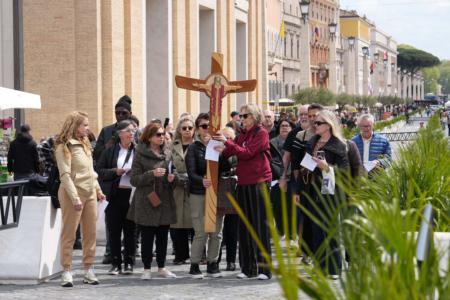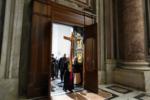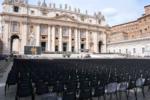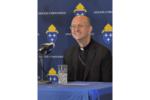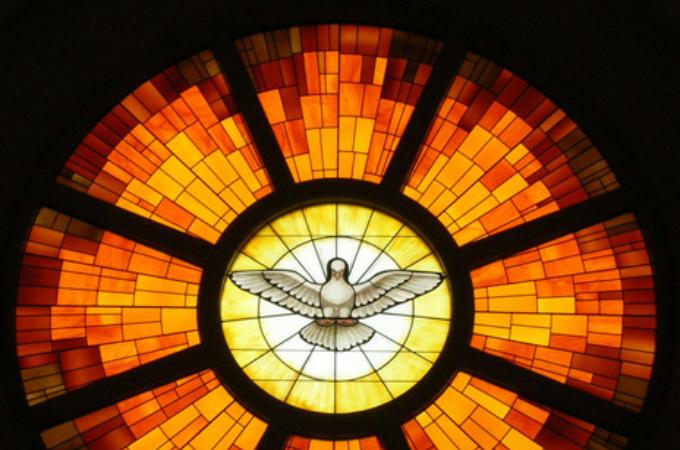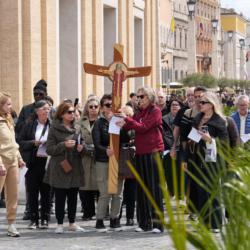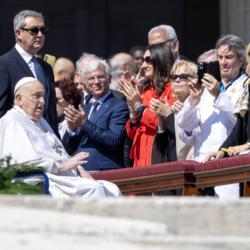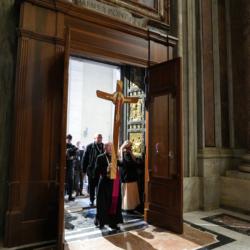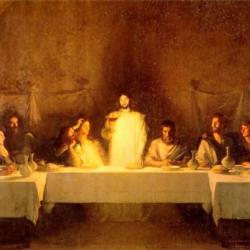The bigger picture of Pentecost
There are four accounts in Scripture that describe the apostles after Jesus' ascension.
-- Matthew 28:19 has the apostles going forth to make disciples of all nations.
-- Mark 16:20 says that the apostles "went forth and preached everywhere, while the Lord worked with them and confirmed the word through accompanying signs" sending them throughout the world proclaiming "eternal salvation."
-- Luke 24:52-53 says the apostles returned to Jerusalem proclaiming Jesus and praising God in the temple.
-- And the most detailed presentation is found in Acts 1 and 2, which describes the election of a new apostle to replace Judas Iscariot and the effects of the coming of the Holy Spirit on Pentecost.
In each of these four passages, the followers of Jesus are seen as strong, courageous and determined messengers. They have no doubt that they have been charged by Jesus to proclaim the good news to the world.
Nowhere after the ascension is there any indication that they were afraid to appear in public, and we see that the coming of the Holy Spirit gave them the courage to take up Jesus' mission. What Acts tells us is that when the tongues of fire came to rest on them, they became able to speak languages they did not know.
In reading the account in the Bible it is important to understand the context as well as the words used. Note that Acts 2:5-11 describes a great festival where "devout Jews from every nation under heaven" were gathered in Jerusalem. This festival is Shavuot, which Judaism still celebrates.
The original Pentecost coincided with Shavuot.
Devout Jews from many different countries would have gathered to offer the first fruits of their harvest in the temple. What a perfect opportunity to get the message of Jesus' death and resurrection, the good news of faith, out to a worldwide audience.
From this background we can begin to understand and appreciate the bigger picture of Pentecost. The gift of the Holy Spirit, symbolized by the tongues of fire, was the ability to share this message so that others could understand it.
Pentecost, then, was the first true example of "enculturation," which is the word the Church uses to describe its efforts to proclaim the Gospel everywhere in such a way that it can be heard and understood by the listener.
That is the story of Pentecost in Acts: the apostles were compelled to spread the good news to everyone, everywhere.
For Christians, the coming of the Spirit marks the start of the Church's efforts to proclaim the Gospel to everyone throughout the entire world, no matter what language they speak.
For Christians, Pentecost confirms the completion of what once was and the beginning of all things new.
The question for Christians today is this: How do we proclaim the Gospel now so that people today will hear it, understand it and have their hearts set on fire by it?
Daniel Mulhall is a catechist. He lives in Laurel, Maryland.
